Homestead Exemption No Longer “Debtors’ Paradise”, American Bankruptcy Institute Journal, Jan. 2006.
By David A. Samole
Homestead Exemption No Longer “Debtors’ Paradise”, American Bankruptcy Institute Journal, Jan. 2006.
By David A. Samole
Homestead Exemption No Longer “Debtors’ Paradise”, American Bankruptcy Institute Journal, Jan. 2006.
By David A. Samole
New Law, New Tools for Creditors, Business Law Today, Nov./Dec. 2006.
By David A. Samole
Managing the Minefield of Post-Confirmation Suits and Jurisdiction, American Bankruptcy Institute Journal, Feb. 2008.
The Foreclosure/Housing Crisis: The State of the Economy and How We Got There (2010)
Florida Fiduciary Forum – Ethical Considerations for Fiduciaries (June 2011)
ABI, Southeast Bankruptcy Workshop, Bankruptcy Litigation: A Practice Skills Guide (Litigating the Appointment of a Receiver in a Non-Bankruptcy Court Forum) (2012)
By Corali Lopez-Castro and Mindy Y. Kubs
Click here to read the original publication.
By Javier Lopez and Tal Lifshitz
Click here to read the original publication.
Throughout the last few months, there has been increasing evidence of Cuba’s involvement in the Western Hemisphere. Cuba’s core contribution? It’s people.
Click here to read the full article.
Maria D. Garcia, an attorney, is the president of the Cuban American Bar Association. Hugo Acha is a is a human rights attorney and the lead research advisor for the Foundation for Human Rights in Cuba.
May 8, 2019
Law360, New York (May 6, 2019, 1:54 PM EDT) — A Manhattan federal judge tasked counsel for a formerly private Cuba bank Monday with explaining why, under new Trump administration policy, it should get a $456 million chunk of $717 million that Societe Generale agreed to pay the U.S. government for violating Cuba sanctions.
At a quick hearing, U.S. District Judge Andrew L. Carter Jr. gave counsel for Banco Nunez, whose assets were taken by the Cuban government in 1960, until the end of May to detail its reasons for the potentially large claim.
“We don’t think that there’s a valid claim here,” counsel for the U.S., Alexander Wilson of the Manhattan U.S. attorney’s office, told Judge Carter, without getting into specifics.
The judge set a briefing schedule to last through May 31.
In a Friday letter, the bank said a recent shift by President Donald Trump to allow for lawsuits against corporations trafficking in wrongfully confiscated Cuban property allows for it to make a claim against the SocGen dollars.
Banco Nunez said in the letter that the figure of $456 million is derived from the original value of the bank’s property in Cuba — roughly $4.9 million as of 1960 — compounded by decades of interest and then tripled, per U.S. anti-trafficking law.
The money forked over by the French megabank last year is susceptible to such a claim because, in agreeing to the settlement, SocGen admitted to “trafficking” in confiscated Cuba property, the letter said.
Banco Nunez’s Florida-based counsel Javier A. Lopez of Kozyak Tropin & Throckmorton, who appeared via telephone Monday before Judge Carter, said in an email he would detail his claims in coming court filings.
Trump’s recent move to open the door to such lawsuits, by partially implementing a long-mothballed provision of the 1996 Helms-Burton Act, has led to predictions that many claimants like Banco Nunez could come into court with similar claims.
Banco Nunez is represented by Javier A. Lopez of Kozyak Tropin & Throckmorton.
The government is represented by Alexander Wilson and Benet Kearney of the U.S. Attorney’s Office for the Southern District of New York.
The case is U.S. v. $717,200,000 in U.S. Currency, case number 1:18-cv-10783, in the U.S. District Court for the Southern District of New York.
Click here for the original article.

Kozyak Tropin & Throckmorton is a complex commercial litigation firm founded in 1982 that focuses its practice on bet-the-company commercial cases, class actions, healthcare and bankruptcy matters.
This site uses cookies. By continuing to browse the site, you are agreeing to our use of cookies.
AgreeLearn moreWe may request cookies to be set on your device. We use cookies to let us know when you visit our websites, how you interact with us, to enrich your user experience, and to customize your relationship with our website.
Click on the different category headings to find out more. You can also change some of your preferences. Note that blocking some types of cookies may impact your experience on our websites and the services we are able to offer.
These cookies are strictly necessary to provide you with services available through our website and to use some of its features.
Because these cookies are strictly necessary to deliver the website, you cannot refuse them without impacting how our site functions. You can block or delete them by changing your browser settings and force blocking all cookies on this website.
These cookies collect information that is used either in aggregate form to help us understand how our website is being used or how effective our marketing campaigns are, or to help us customize our website and application for you in order to enhance your experience.
If you do not want that we track your visist to our site you can disable tracking in your browser here:
We also use different external services like Google Webfonts, Google Maps and external Video providers. Since these providers may collect personal data like your IP address we allow you to block them here. Please be aware that this might heavily reduce the functionality and appearance of our site. Changes will take effect once you reload the page.
Google Webfont Settings:
Google Map Settings:
Vimeo and Youtube video embeds:
